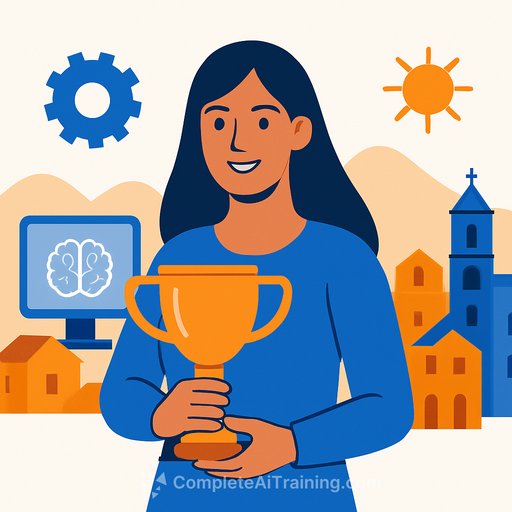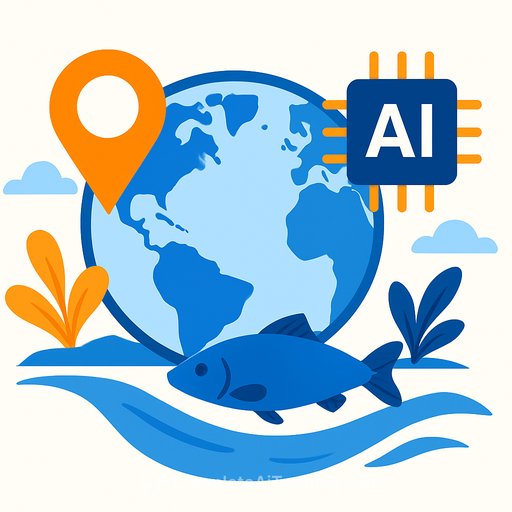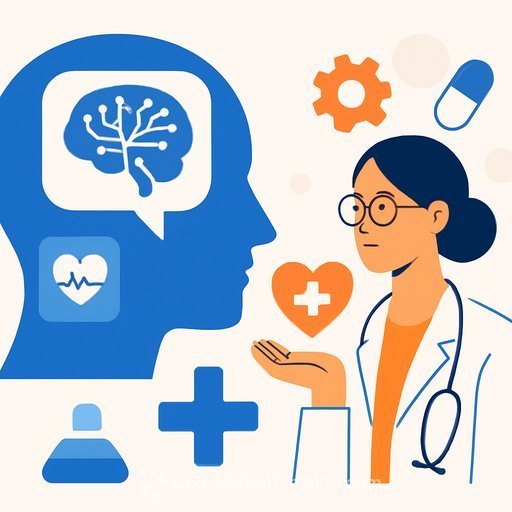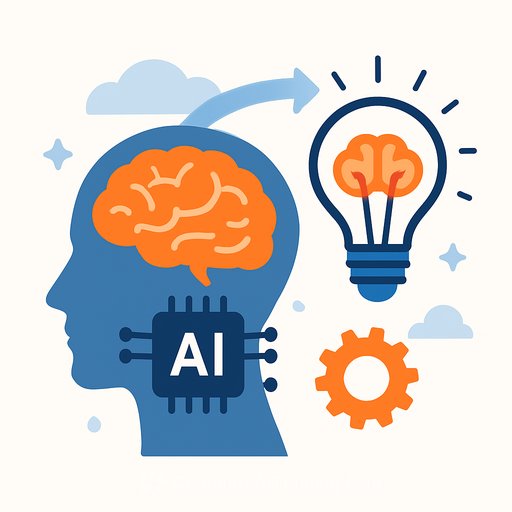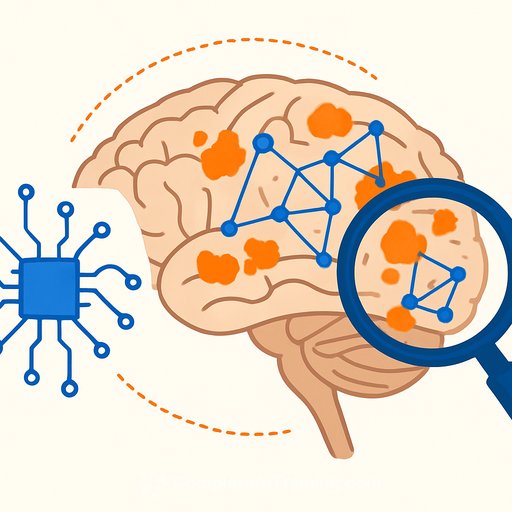Sonia Mangones Wins L'Oréal-UNESCO Prize: Open-Source AI That Transforms Urban Mobility
Colombian engineer and professor Sonia Mangones has been awarded the L'Oréal-UNESCO "For Women in Science" Prize for a project that brings practical artificial intelligence to communities that need it most. Her focus: small and mid-sized municipalities that lack budgets, consultants, and technical teams, yet face daily mobility challenges.
The award, granted through the Central America and Andean Region program, recognizes work that is scientific, inclusive, and built for real-world conditions. Mangones' approach shows how AI can serve public interest without locking cities into costly software or external dependencies.
What her project does
"Mobility That Transforms" offers open-source AI tools that local governments can adopt without licensing fees. The tools adapt to each city's constraints-budget, data availability, geography-so teams can plan better with what they have, not what they wish they had.
- Prioritizes safety for pedestrians, cyclists, and transit users, with special attention to vulnerable groups.
- Integrates gender perspectives into decision-making, addressing different safety patterns and travel needs.
- Supports environmental goals by guiding designs that cut emissions and improve air quality.
- Democratizes access to advanced planning methods once limited to larger cities.
Why this matters for science and research
Mangones closes the gap between peer-reviewed work and public-sector adoption. She blends research, technical assistance, and training so methods don't stall in papers-they move into policy and projects.
- Open methods: Transparent models and code enable replication, auditing, and local customization.
- Context-first design: Tools work with incomplete or messy datasets common in smaller municipalities.
- Operational support: Training municipal teams ensures the tools stick after pilots end.
- Equity baked in: Safety, gender, and environmental metrics are core, not add-ons.
From lab to street: an implementation blueprint
- Define outcomes early: Safety gains, emissions targets, service coverage, and travel time-pick the few that matter and measure consistently.
- Audit data realities: Inventory what exists (counts, crash reports, GPS traces, surveys). Fill gaps with low-cost collection or proxies.
- Build reproducible pipelines: Version data, models, and experiments. Document assumptions, inputs, and thresholds.
- Center equity: Include gender-based safety indicators, accessibility for people with disabilities, and affordability.
- Design for low resources: Favor lightweight models, offline workflows, and open geospatial stacks.
- Co-create with users: Run workshops with planners, operators, and residents. Validate outputs against lived experience.
- Train the trainers: Equip internal champions to maintain tools, update data, and brief decision-makers.
- Monitor and iterate: Track outcomes post-implementation and adjust policies and models accordingly.
The scientist behind the work
Mangones holds a Ph.D. in transportation engineering from Carnegie Mellon University and serves as an associate professor at Colombia's National University. She leads Translogyt, a research group focused on transportation, and SIMUN, a seedbed that combines science, technical assistance, and education in public policy, sustainability, and equity.
Her career is built to move knowledge into action: rigorous studies, field support for municipalities, and training that builds local capacity.
Gender equity context
The award also highlights the broader need to close gender gaps in research. Women account for about a third of the world's researchers, a signal that talent is still underused where it could drive results.
For context, see UNESCO's data on women in science here, and learn more about the L'Oréal-UNESCO program here.
Funding and impact
The US$10,000 prize will help extend the reach of Mangones' tools and training, especially in towns with limited technical staff. The bigger impact is visibility: proof that rigorous, open, and equitable AI can deliver practical gains in public infrastructure.
Practical takeaways for your next project
- Ship open-source tools with clear documentation and examples that match real municipal data conditions.
- Integrate gender and safety indicators at the model design stage, not as afterthoughts.
- Favor methods that remain useful under data scarcity and budget constraints.
- Pair publications with implementation guides, training modules, and policy briefs.
If you are building team capacity for applied AI, explore curated learning paths for technical roles and research teams here.
Your membership also unlocks:

